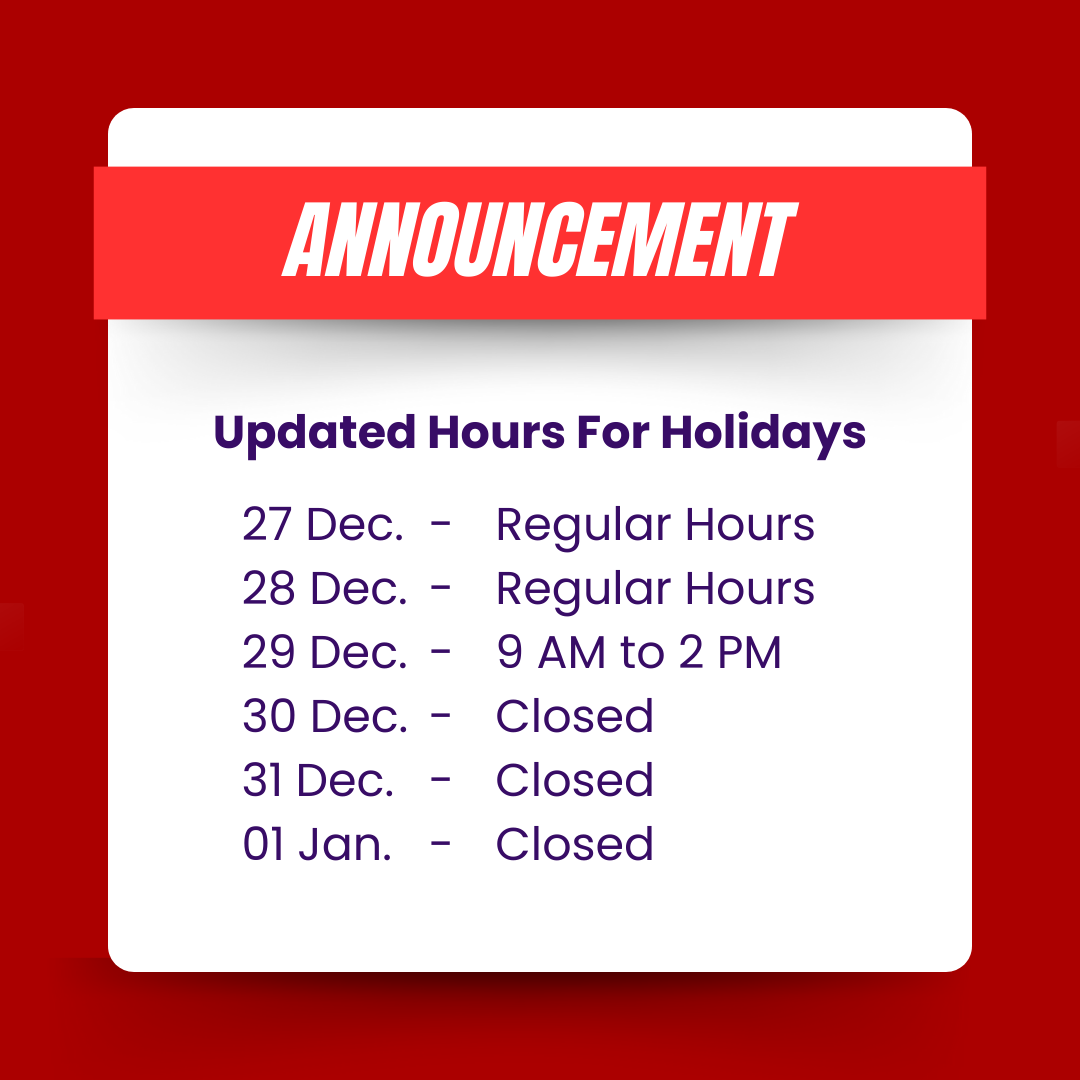Insurance is an important financial tool that helps protect you from financial losses due to unexpected events. Insurance policies often come with an insurance deductible, which is the amount you are responsible for paying before your insurance company will cover the rest of the costs associated with a claim.
How does an Insurance Deductible Work?
An insurance deductible is a fixed amount that you are responsible for paying out of pocket when you make an insurance claim. For example, if you have a $500 deductible on your car insurance policy and you get into an accident that results in $2,000 in damages, you will be responsible for paying the first $500 and your insurance company will cover the remaining $1,500. If the accident is determined to be not your fault, your deductible will be waived.
Different Types of Insurance Deductibles
There are several different types of insurance deductibles, including:
- Standard Deductibles: This is the most common type of deductible and is a fixed dollar amount that you must pay before your insurance policy kicks in.
- Percentage Deductibles: This type of deductible is calculated as a percentage of the total claim amount.
- Aggregate Deductibles: This is a deductible that applies to all claims made during a specific time period.
- Calendar Year Deductibles: This is a type of aggregate deductible that applies to all claims made during a calendar year.
How Does an Insurance Deductible Affect Premiums?
Your insurance deductible can have a direct impact on your insurance premiums. Typically, the higher your deductible, the lower your insurance premiums will be. This is because a higher deductible means that you are taking on more financial responsibility for the costs associated with a claim, which reduces the risk for the insurance company.
Pros and Cons of Choosing a Higher or Lower Deductible
Choosing the right insurance deductible can be a balancing act. On one hand, a higher deductible can help lower your insurance premiums. On the other hand, a higher deductible means that you will have to pay more out of pocket if you do have to make a claim. Conversely, a lower deductible means that you will pay less out of pocket when you make a claim, but you will likely have higher insurance premiums.
Conclusion
In conclusion, understanding insurance deductibles is an important part of understanding your insurance policy. By understanding how deductibles work and how they can affect your insurance premiums, you can make informed decisions when it comes to choosing the right insurance policy for your needs. Be sure to talk to your insurance broker to determine the best deductible for your situation.







